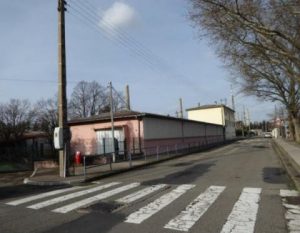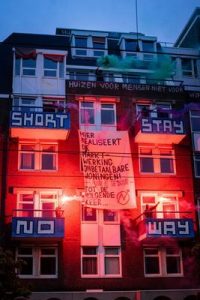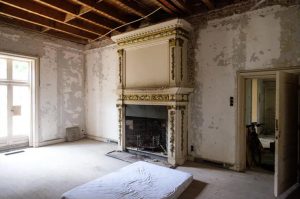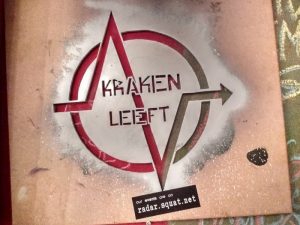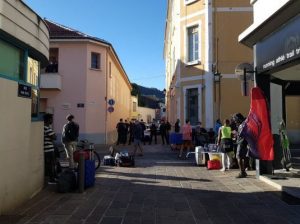 On Wednesday 19 August, at six o’clock, police officers broke down the doors of the rooms of the inhabitants of Césaï, the Gap autonomous social centre, with a battering ram. They gather everyone in a courtyard and check their identities. This is the beginning of the eviction from Cesaï.
On Wednesday 19 August, at six o’clock, police officers broke down the doors of the rooms of the inhabitants of Césaï, the Gap autonomous social centre, with a battering ram. They gather everyone in a courtyard and check their identities. This is the beginning of the eviction from Cesaï.
Results: 43 people outside, 20 staying in campsites, 2 boarded at the station. 43 exiled and homeless people who barely had time to take their belongings and collect food before Cesaï was walled up. 43 people on the Place Saint Arnoux, in front of the Prefecture, soon joined by militants.
A camp is being organized while waiting for a solution that will not come from the Prefecture, which is increasingly afraid of the famous “vacuum effect”. While waiting for a place to sleep and to put down their bags, families, young migrants, Dublin cases and homeless young people are all astonished to find themselves homeless in a few hours. [Read More]


